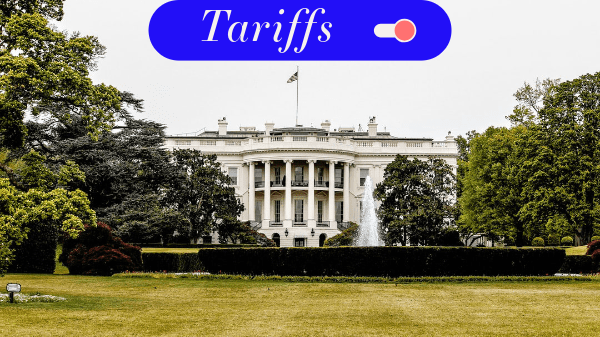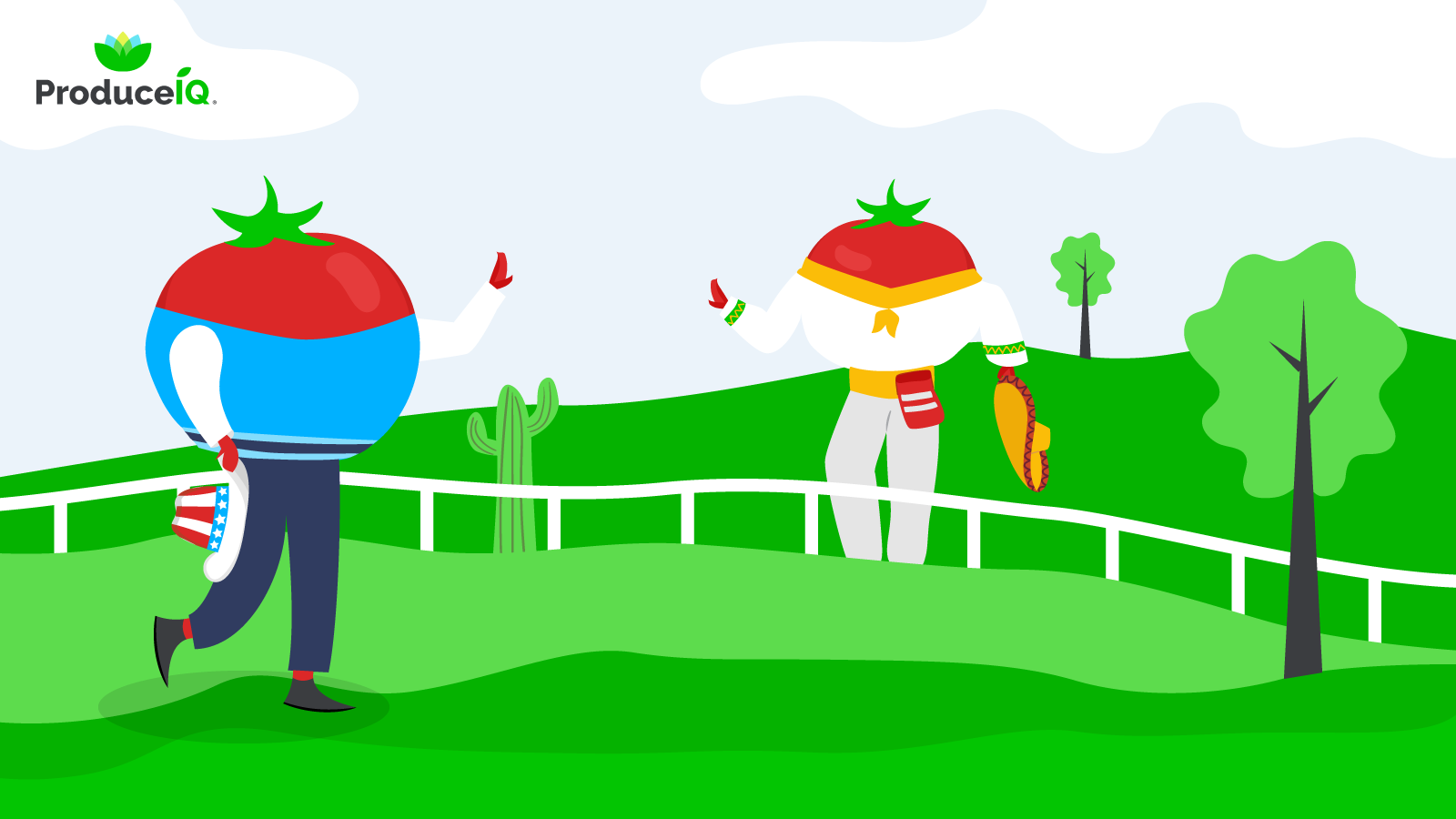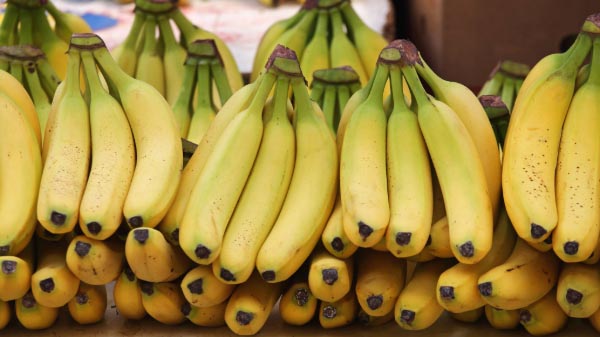Welcome to Blue Book!
Are you ready to join the thousands of companies who rely on Blue Book to drive smarter decisions? View our plans and get started today!
Still have questions? We’d love to show you what Blue Book can do for you. Drop us a line– we’ve been waiting for you.

In early March, the Trump administration announced a pause in the 25 percent tariffs on products from Mexico and Canada, provided they were compliant with the USMCA trade agreement, which covers fresh produce.
The pause ends April 2, which is next Wednesday.
While there are some domestic producers who embrace the tariffs on imported fruits and vegetables, the majority continues to warn they will limit supplies and raise prices for consumers and are generally bad for the produce industry.
In a March 26 interview with Blue Book, Rebeckah Adcock, International Fresh Produce Association (IFPA) {{BB#:378962}} vice president of U.S. government relations, said IFPA has been working with government leaders and remains optimistic about a positive resolution before April 2.

“We’ve made the case for carve-outs for specialty crops, but it’s still to be determined,” she said.
IFPA has forged a strong relationship with USDA and its new secretary, Brooke Rollins, and Adcock said Rollins has been publicly outspoken about how tariffs will harm the fresh produce industry.
“I’m confident that she’s bringing those concerns to the cabinet room,” Adcock said.
She said produce has a good case for an exemption given that fruits and vegetables are unique in their seasonality and perishability, and Americans don’t consume enough of them according to government guidelines.
She said IFPA has stressed that the Trump administration could help domestic produce companies more with reducing regulations than with tariffs on foreign products.
“Many domestic producers are already maxed out on production to meet demand,” Adcock said. “We see how targeted tariffs can be good for negotiating [trade deals], but broadly, we don’t think this is the way to go.”
If the tariffs resume on April 2, Adcock said the consequences will be trade disruptions, higher costs in the supply chain, and higher costs for retailers with many of those passed on to consumers. It won’t prevent imports, but it will tighten the supply of many items.
She said many U.S. producers feel our trade agreements haven’t been fair or that our trade partners don’t follow the rules, and they hope future trade agreements will treat them more fairly.
Trump has said that’s one of his goals with tariffs and threats of tariffs, in addition to securing the border and reducing the flow of illegal drugs into the United States.
Already, Canada and Mexico have agreed to help with border security and fight drug trafficking.
Trump supporters in agriculture hope the short-term pain isn’t too much for the promised long-term gain.







